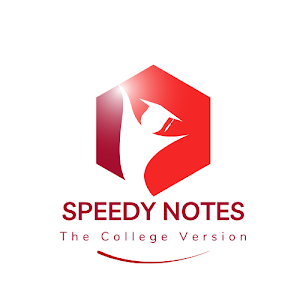Defining Kinds of Life Writing - Sidonie Smith
[alert-success] Life Writings - I MA - Unit I
[/alert-success]
[alert-primary] Critical Analysis [/alert-primary]
[btn href="https://www.speedynotes.in/2024/05/life-writings-i-ma-english-ii-semester.html" class="bt" btn]Back to Tansche[/btn]
My life is history, politics, geography.
It is religion and metaphysics. It is music and language.
- Paula Gunn Allen, “The Autobiography of a Confluence”
Life writing stands on the stance that nothing is more simpler to understand than the act of people writing about what they know best. In the act of writing the writers becomes the observing subject and the object of investigation, remembrance and contemplation. It is important to understand the terms and differneces between autobiographical writing and other related types of life writing.
Autobiography, derived from Greek words autos, bios, and graphe, refers to the story of one's life written by oneself. It has been a topic of debate among scholars, with some arguing that it is insufficient for the world that each person is to themselves. However, French theorist Philippe Lejeune has expanded this definition, stating that autobiography is the retrospective narrative in prose that someone makes of their existence when they focus on their own personality.
The term was first coined by English working-class writer Ann Yearsley in the preface to a collection of poems, but most critics still cite Robert Southey's anglicization of the three Greek words in 1809. The term's emergence in the West occurred in the late eighteenth century, with the word memoirs being commonly used until the twentieth century. By the eighteenth century, self-interest, self-consciousness, and self-knowledge informed the figure of the "Enlightened individual" described by philosophers and social and political theorists.
However, the recent coinage of the term autobiography does not mean that self-referential writing began only at the end of the eighteenth century. In earlier centuries, terms such as "memoir," "the life," "book of my life," "confessions," or "essays of myself" were used to mark the writer's refraction of self-reference through speculations about history, politics, religion, science, and culture. Since the end of the eighteenth century, many other terms have been coined to designate new kinds and contexts of self-referential writing.
The term autobiography requires careful distinctions among terms like life writing, life narrative, and autobiography, which may seem to imply the same thing. Life writing is a broad term for diverse writing that takes a life as its subject, including biographical, novelistic, historical, or self-reference to the writer. Life narrative is a narrower term that includes many kinds of self-referential writing, including autobiography.
Life narrative can be approached as a moving target, a set of evershifting self-referential practices that engage the past to reflect on identity in the present. Autobiography, on the other hand, is a term for a particular practice of life narrative that emerged in the Enlightenment and has become canonical in the West. However, postmodern and postcolonial critics have challenged this term, arguing that it is inadequate to describe the extensive historical range and diverse genres and practices of life narratives and life narrators in the West and elsewhere around the globe. It is necessary to understand the historical emergence of the concept of autobiography and other life narratives as the preeminent version of life.
[btn href="https://www.speedynotes.in/2024/05/life-writings-i-ma-english-ii-semester.html" class="bt" btn]Back to Tansche[/btn]








0 Comments